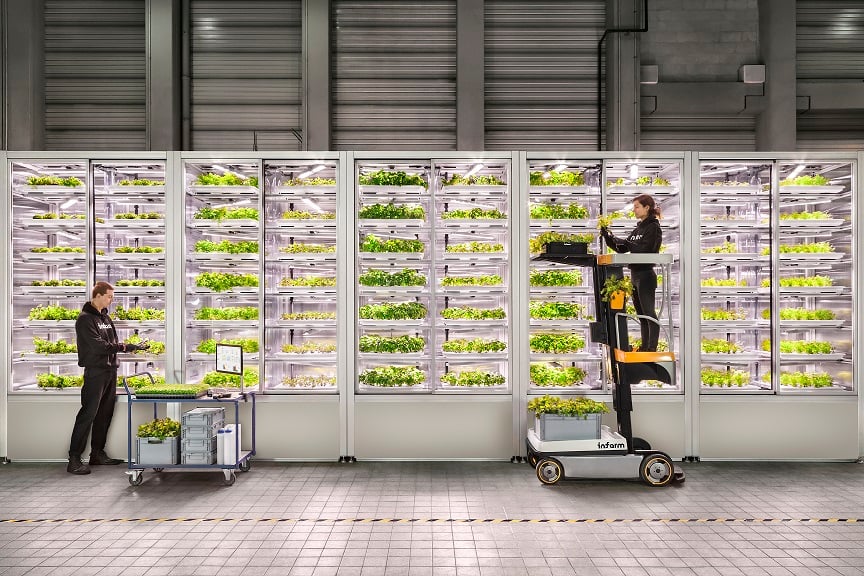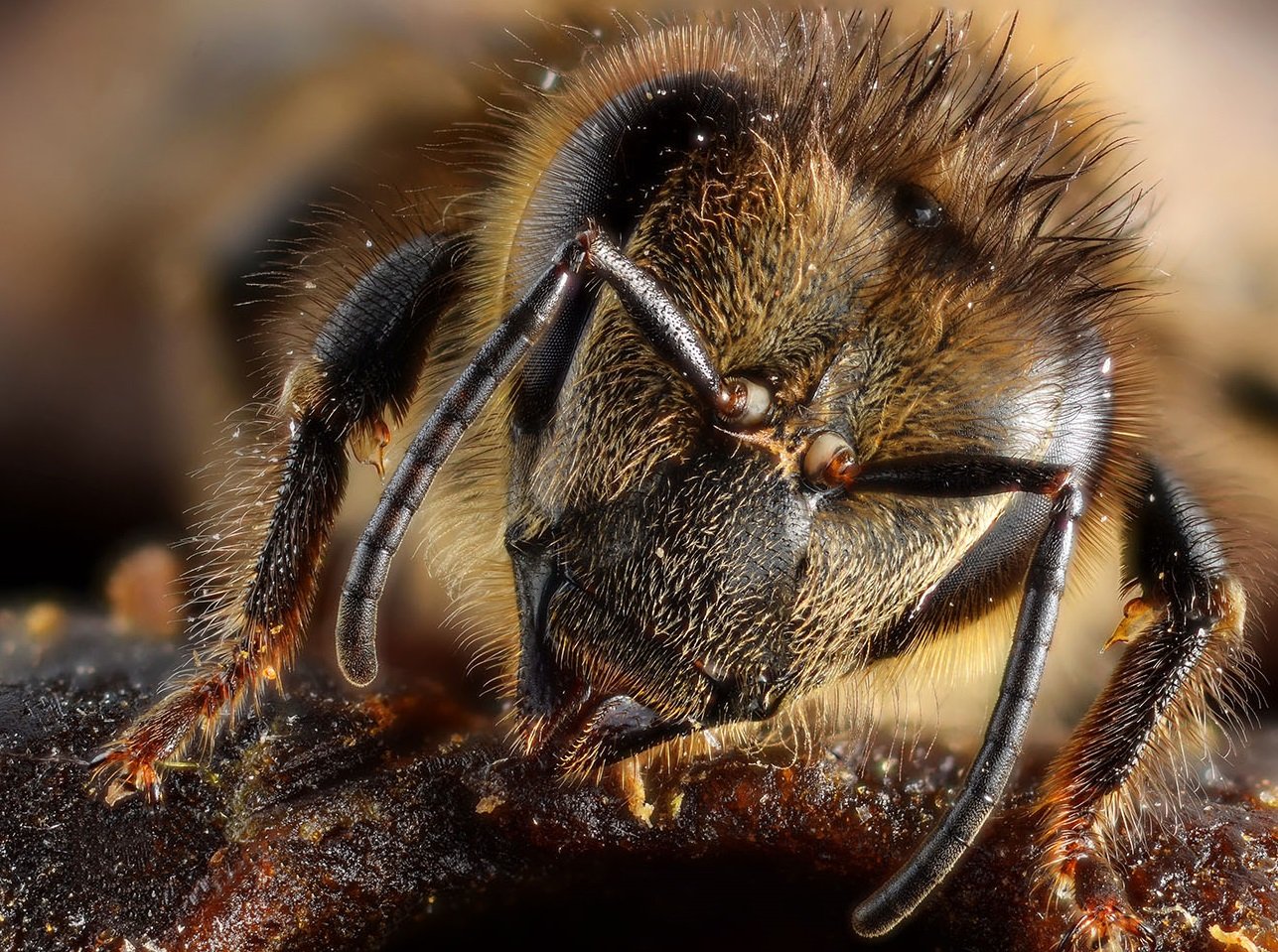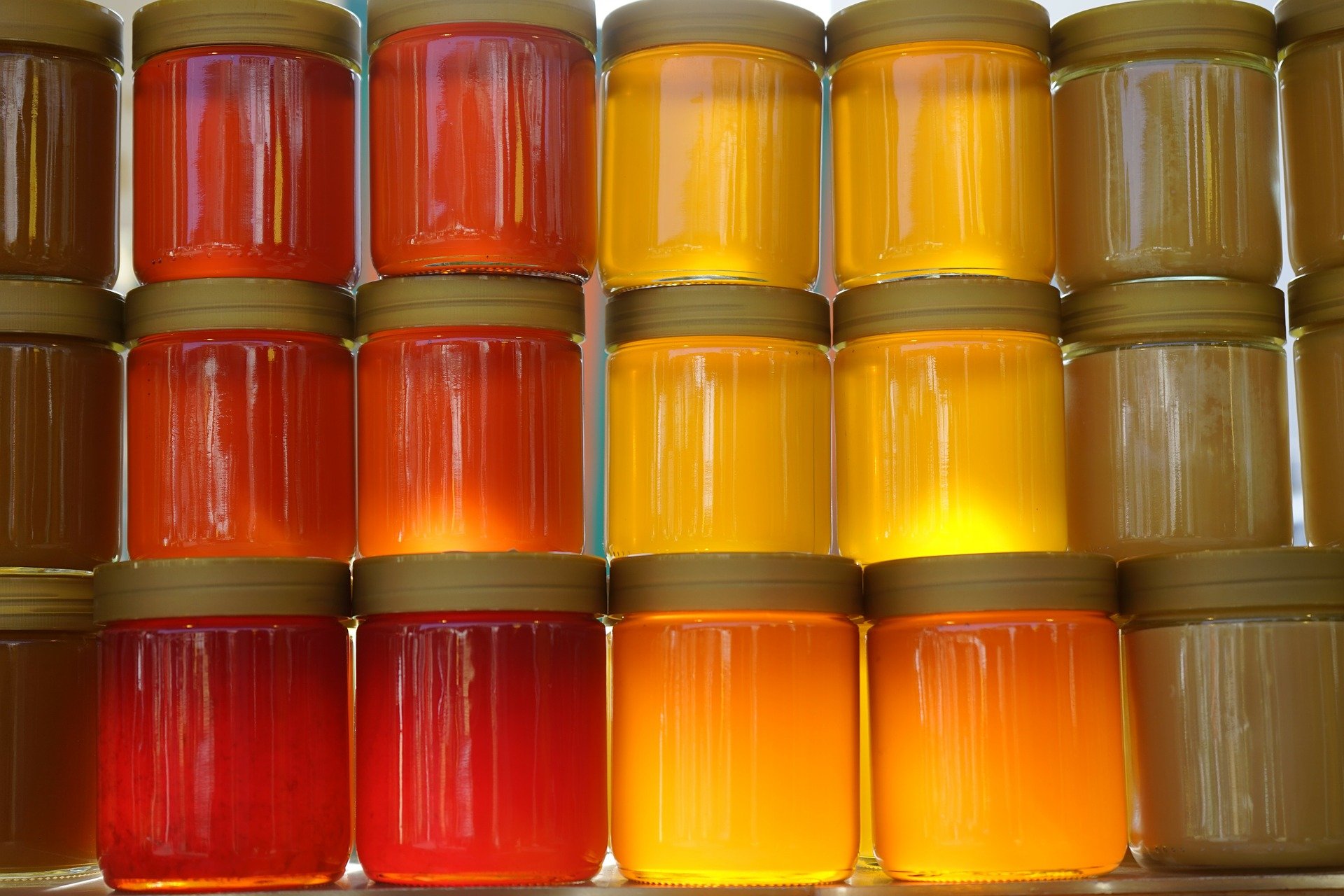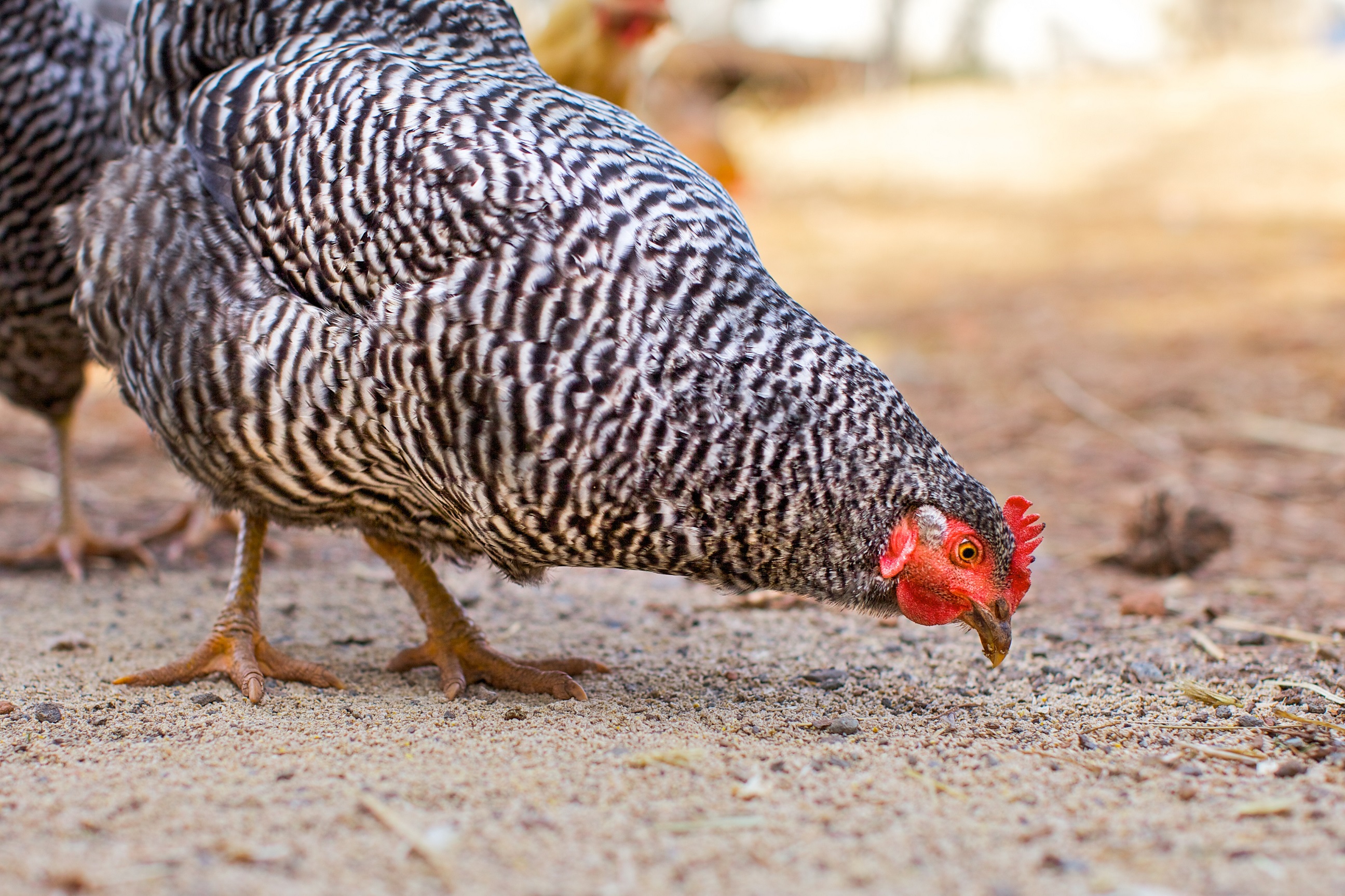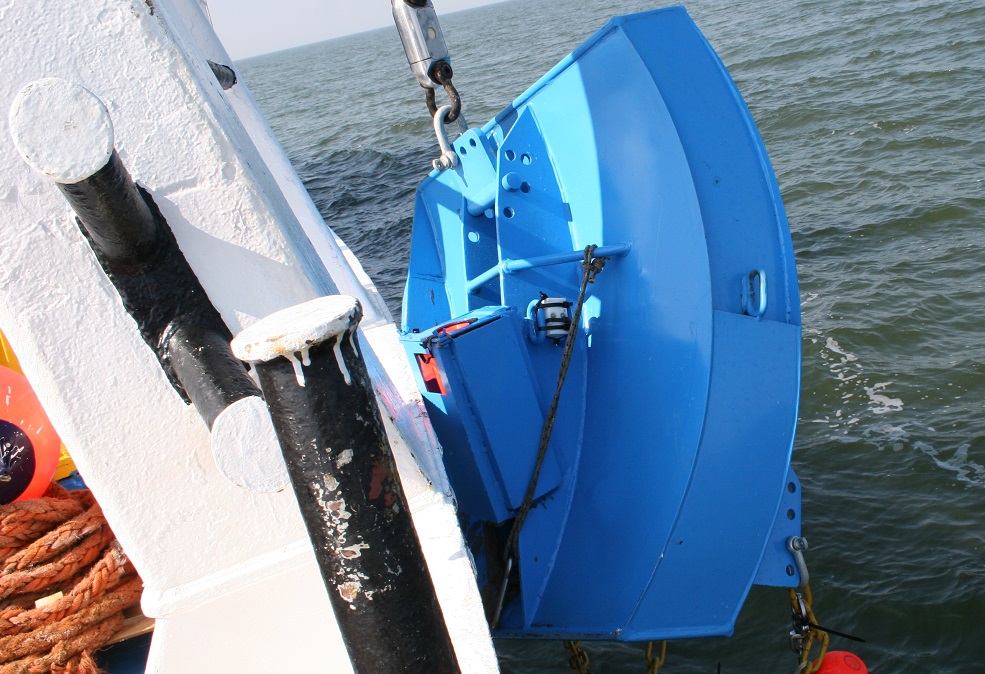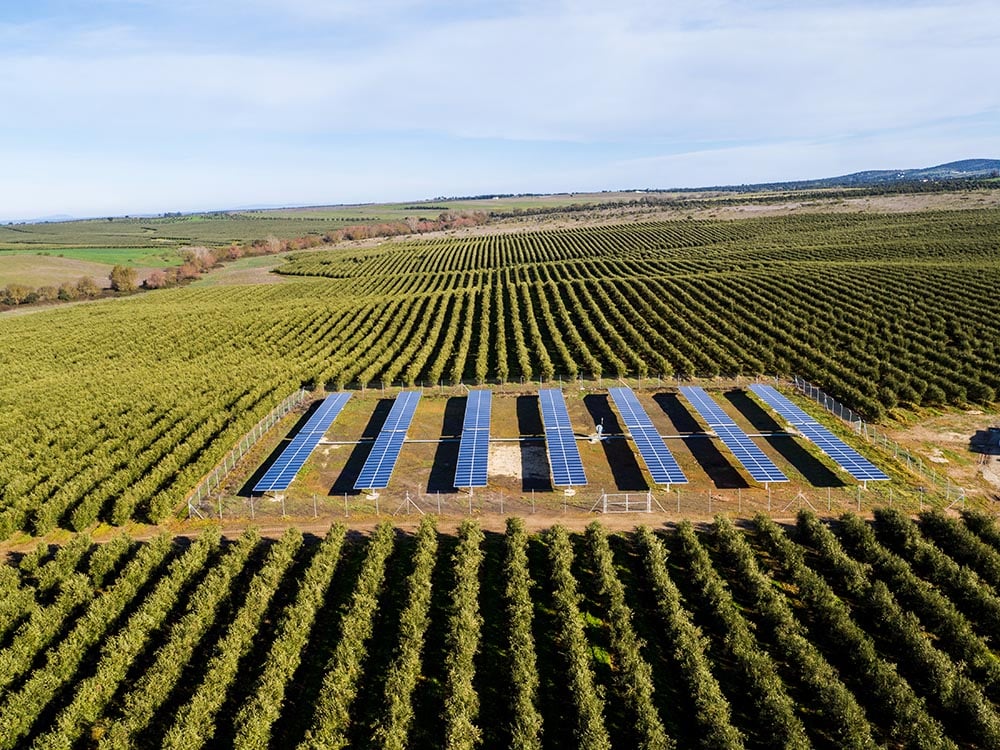Indoor farms could fine-tune the flavours of our food
A new way to farm indoors using different wavelengths of light could boost the taste of fruits, salads and herbs, while also increasing food supply and nutritional value. Growing food inside brings many benefits to farmers by reducing the amount of land, fertilisers, energy and water needed to cultivate the plants. But it can come … Read more

